Opposition Leader firm on recalibration with emphasis on educating youth
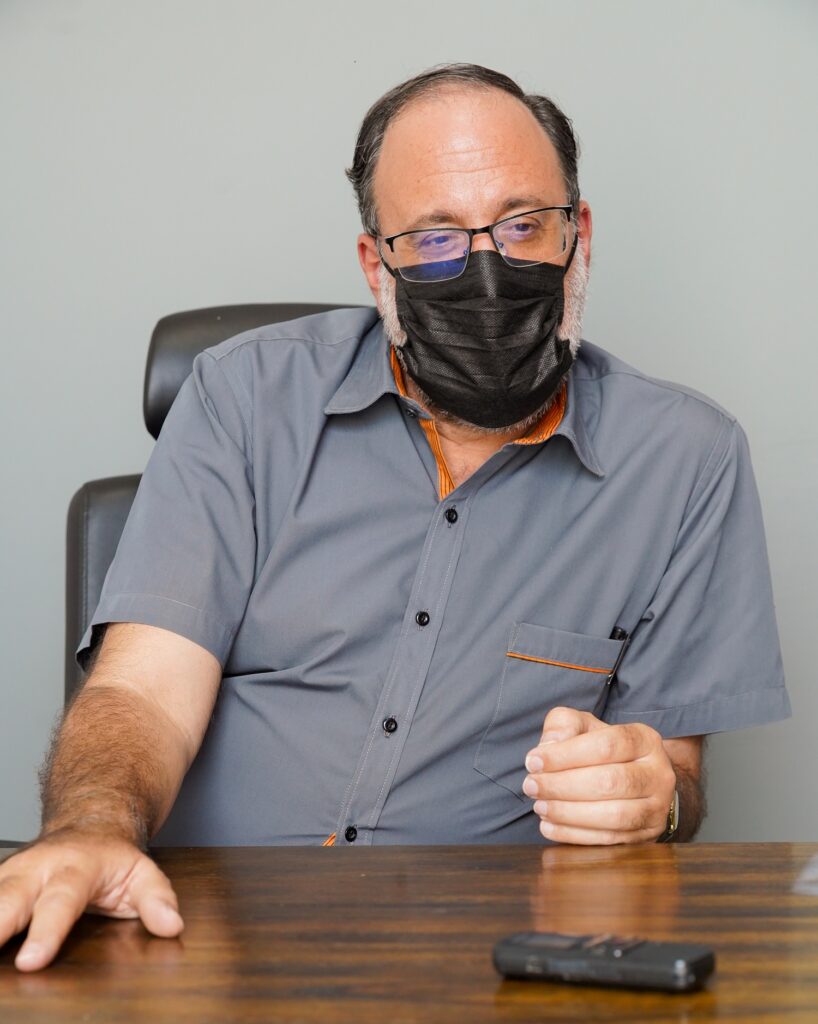
A month into a new year and crime in Jamaica is once again topping the national agenda.
For the first month of the year, there were 113 murders and 33 rapes.
Last weekend, NCB banker Andrea Lowe-Garwood was shot to death by a gunman while she attended a church service at the Agape Christian Fellowship Church in Trelawny. This shocked the entire country and made it clear that nowhere is considered sacred by criminals.
TWO-HEADED DRAGON THREATENS TO OVERWHELM NATION
It is said that crime costs Jamaica six per cent of its GDP and, with COVID-19 decimating the economy, the government can ill afford to also contend with rising crime.
It is a two-headed dragon that threatens to overwhelm the country and take it off its trajectory of developed-state status, a target it wants to achieve by 2030.
Leader of the Opposition Mark Golding sat down with Our Today and talked about how his party will deal with quelling the monster that is crime, which seems to be getting bigger and more vicious over succeeding years.
“In the last PNP government, we achieved quite a lot in that area. The initial positive impact from the aftermath of the Tivoli incursion, where there was a drop in the crime numbers, we continued that trend through the four years that we were in government,” Golding said.
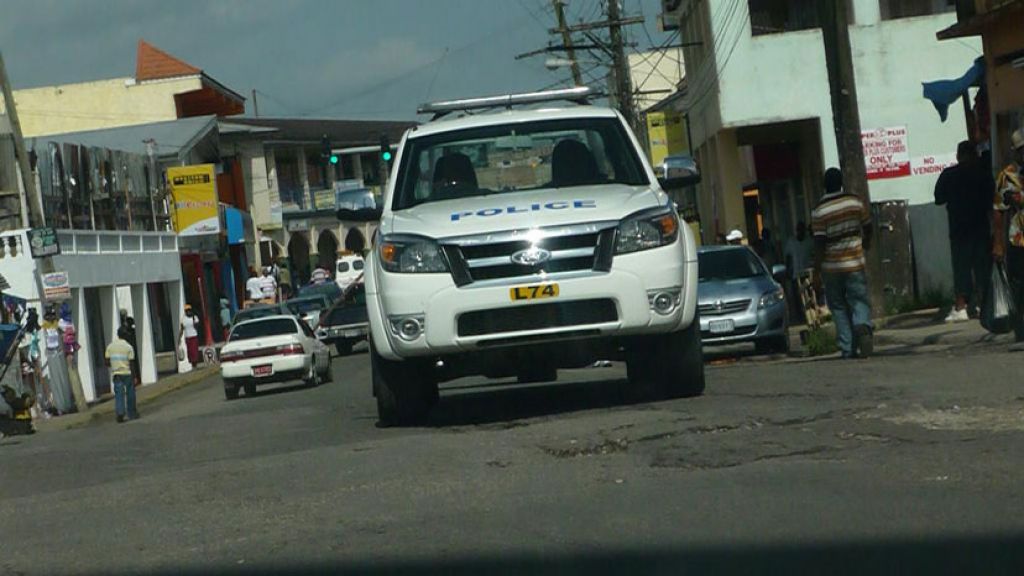
“We reduced police killings substantially. Bear in mind that we did so in a time of real austerity. There was not the budget that there has been since to support national security expenditures.
“It was done through a combination of, first of all, treating crime in the same way you treat a public health problem, by getting to the root of it and you try to address the causes that are generating crime. That I think is very important and I don’t think this government has focused on that sufficiently,” said Golding.
He is of the view that this Andrew Holness-led JLP government’s approach is to militarise the response while denying rights to people through states of emergency (SOE) which he notes the courts have ruled unconstitutional, with the government appealing the decision.
RIGHT TO DETAIN WITHOUT CHARGE UNNECESSARY
Turning his attention to the imposition of SOEs and locking down crime-ridden communities, Golding declared: “By giving the security forces, including the military through the SOE mechanism, rights to detain people without charging them and without due process to the courts, I don’t think that is right. I don’t think it is necessary.
“We had a programme called ‘Unite For Change’ and had we had the pre-COVID resources the government was enjoying because of the fiscal reforms of the two IMF (International Monetary Fund) programmes, we would have been able to fund that programme which was showing tremendous promise.
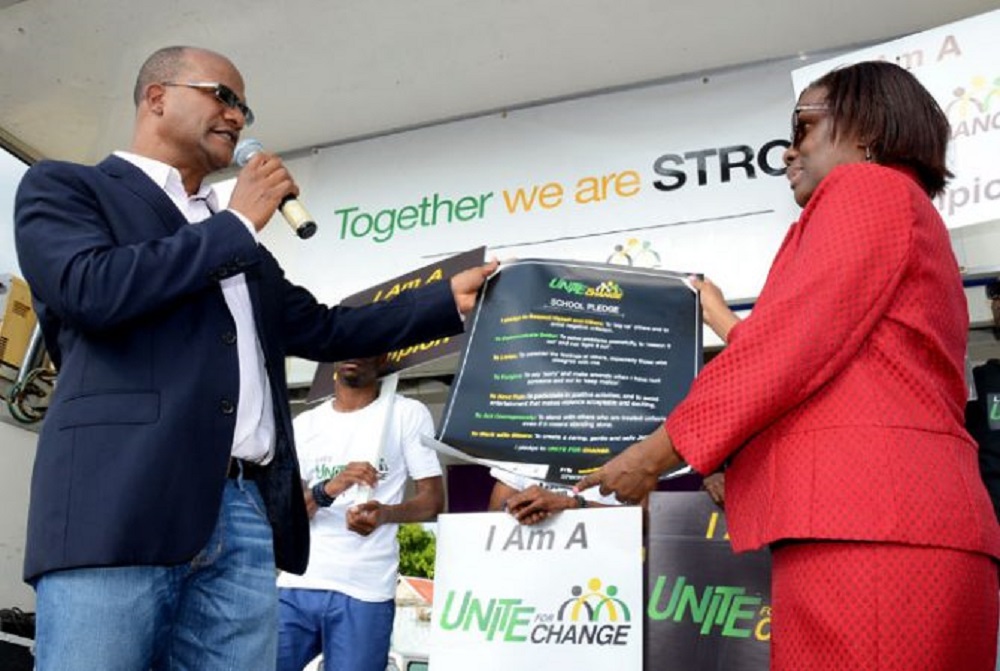
“Essentially, what it is about is trying to get persons that are out of school without subjects and without prospects to become productive citizens by re-engaging with them, mentoring them, providing them with training, a stipend and job opportunities,” said the PNP president.
So what is the solution to Jamaica’s crime problem? Will the country spend years being revulsed by more heinous and evil acts against its citizens in a never-ending cycle?
The answer, Golding believes, lies in socially recalibrating the country with an emphasis placed on the education of the very young.
“I think if you can invest in the early years of development and get the children to have the basic package of what it takes to be a good student going forward. The outcomes in the secondary school system will be much better, the prospects of those students will be improved.”
Mark Golding, opposition leader and president of the People’s National Party
“I really think the solution to our crime problem is early childhood development, ensuring that children get the right inputs from when they are born until they reach eight years old. By the end of that period, they should be literate and numerate. If you can get your children going into PEP (Primary Exit Profile) with the basics covered, the standards going into secondary school would be much more equal than we now have.
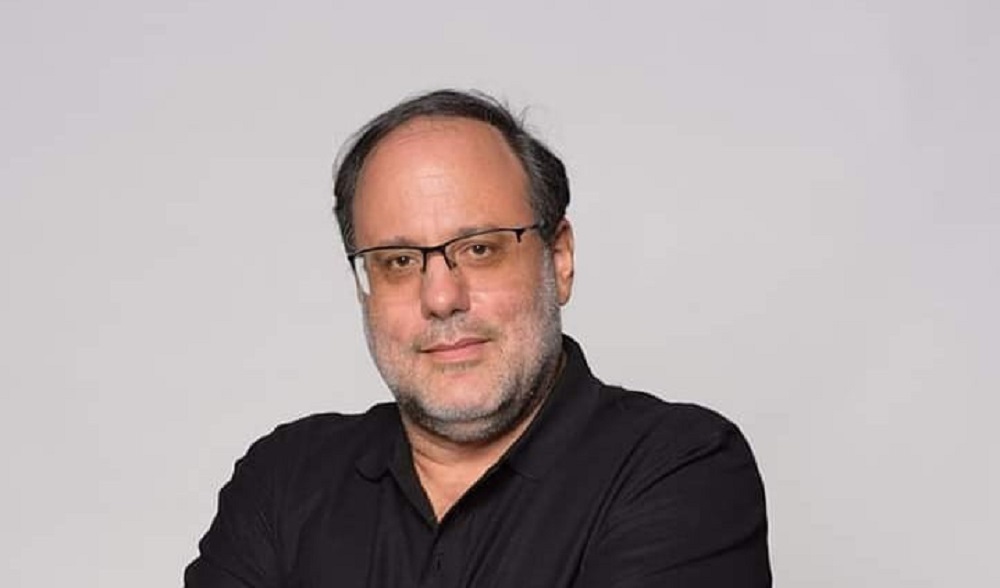
“Now what we have is a lot of children scoring 30s and 40s in Math and English. We need to raise the standards and level them so that secondary schools will no longer be failing. Schools are not failing because the curriculums are different, and the teachers are different – it’s the same cohort. Of course there is work to be done in teacher training, but the point I am making in relation to crime is, I think if you can invest in the early years of development and get the children to have the basic package of what it takes to be a good student going forward. The outcomes in the secondary school system will be much better, the prospects of those students will be improved.”
BUILD PRODUCTIVE CITIZENS
To Golding, no Jamaican child should be left behind and, to that end, children who come out of the school system without the necessary inputs or qualifications to move into employment, a national programme will have to be instituted to make them into productive citizens to give them a second chance.
On the need for social investment, he said: “That kind of social investment is what can contribute to fixing Jamaica’s crime problem. Of course, there are national security strategies such as trying to stop the inflow of guns, reduce the corruption in society, ensure the anti-corruption institutions work effectively – these are things that can be done on the enforcement side.
“On the supply side, we have to get to the root causes. It’s all about investing in our people and enhancing our human capital. Why? Because it solves so many things such as our low productivity, it reduces the incentives for people to get into crime and it reduces violence in the society as well. The bang for the buck in investing in our people is the best you can get.”

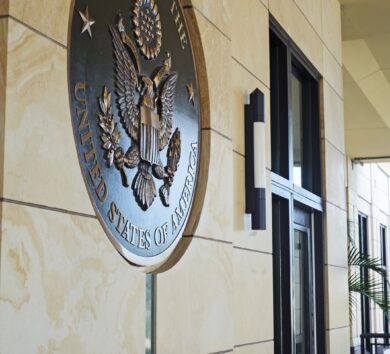

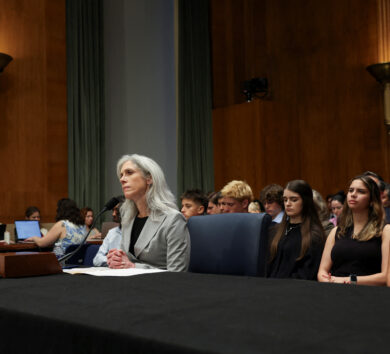
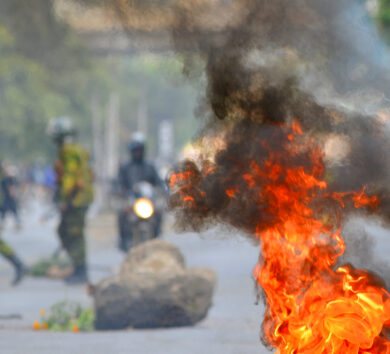

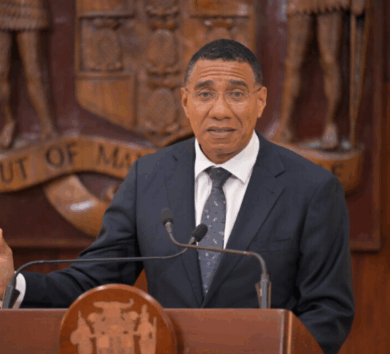
Comments